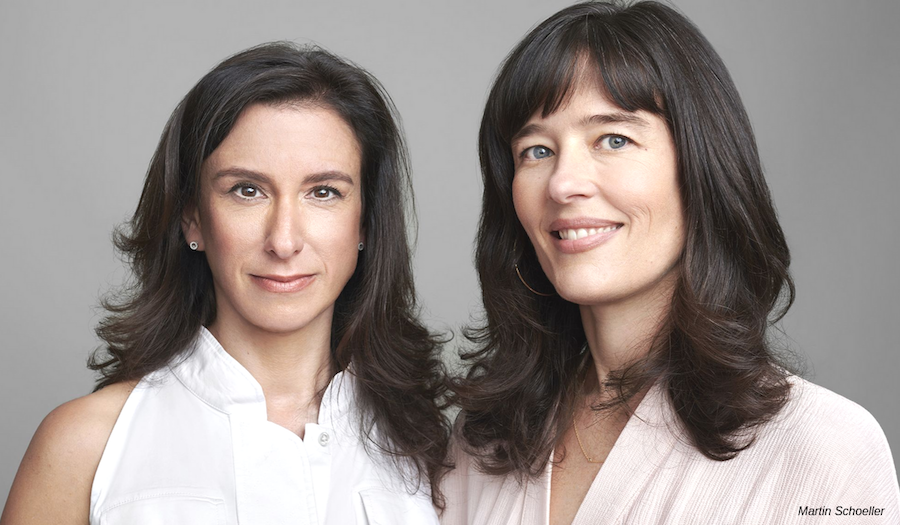‘She Said’ Authors That Ignited #MeToo Say There’s More Work to Be Done

Pulitzer Prize-winning journalists Jodi Kantor and Megan Twohey broke the news of Harvey Weinstein’s sexual harassment and abuse for The New York Times. In their new book, “She Said,” Kantor and Twohey reveal the untold story of their investigation and its consequences for the #MeToo movement.
For this exclusive Q&A, we reached out to the authors to ask them about the most important lessons they learned from their investigative work.
1. What do you want women to take away from your book?
These events have come to mean so much to so many people, but we realized that almost no one knew the true, behind-the-scenes version of these events. (In fact, for a long time we had to keep much of it secret and off the record.) That’s why we wrote “She Said”: to bring you behind the scenes of what happened, pull the curtain back on the abuse of power, including the machinery that was in place to silence women, and show how brave women can hold power to account and help bring about massive social change.
2. Are there still women out there who are too afraid or can’t speak up?
Yes. There also are victims of sexual harassment and sexual assault who are legally prohibited from speaking about what’s happened to them because they are locked in secret settlements; another set of stories we tell in our book. Some of these settlements are so restrictive that women can’t even tell their doctors or accountants what happened without special permission. One former Weinstein assistant named Rowena Chiu never even shared her account of being assaulted by the producer with her own husband.
3. How do you define sexual harassment vs. a healthy relationship in the workplace, and what’s your advice to young men?
We can’t answer these questions, but we’re glad you asked, because we want to explain why. As journalists, we can’t really give advice, or draft policy, or serve as activists for change. But you can’t solve a problem you can’t see, and our jobs are to help people see this problem clearly.
We contemplated ending our book with the publication of the Weinstein story, but that seemed too simple, too easy. We had to find a way to write about the complicated questions you’re raising here (without slipping into the roles of activists, policymakers, or advice-givers.) That’s why the last part of our book is devoted to telling the unknown backstory of Christine Blasey Ford’s testimony, which turned out to be one of the most complex “she said” stories we had ever encountered. So much was not understood about her path to that Senate testimony room–and how an overwhelming array of viewpoints, institutions, political forces, and fears all came to bear on her.
Something larger is at stake in Ford’s odyssey, too; the question of what drives and impedes progress. The #MeToo movement is an example of social change in our time and also a test of it. In this fractured environment, will all of us be able to force a new set of mutually fair rules and protections?


